Back many years ago, just after the dinosaurs had a rather bad day, I co-wrote a couple of guidebooks. The first was to Vietnam, published in 1995, and the second, published in 1997, covered Thailand.
According to Google Street View, it hasn’t changed! Photo: Stuart McDonald.
Paging through a copy of the latter—I still have (cough cough) a few copies left—I turn to the pages on Narathiwat. At the base of the page, there is a shaded box that reads:
Top Hotel!
The Narathiwat Hotel is one of our favourite hotels in Thailand. Although the lower floor is a brothel, the upstairs is well planned with a very pleasant balcony and large communal meeting area. There is a good restaurant downstairs and the staff are very friendly. For those arriving from Malaysia, the Narathiwat Hotel is an ideal introduction to Thailand.
When we were laying up the guidebook, we had no idea what we were doing. Every now and then, we’d end up with big gaps at the bottom of pages and we’d fill them with trivia-filled boxes like the above. As the gaps would show up at random, we wrote them on the spot. It would be fair to say, they were neither planned, nor did all that much thought go into them.
Hours lost doing exactly this. No that is not me in my underwear. Photo: Stuart McDonald.
That isn’t to say I don’t love the Narathiwat Hotel—I do. The description above is pretty accurate. Guests stayed in rooms on the upper floor, there were six from memory, though checking the book, I wrote there were 21—I’m sure that is a mistake. The shared bathroom was by the stairs down to where the restaurant and the short-time rooms were. A double room upstairs went for 100 baht.
The whole upstairs area was wooden, with the above-mentioned deck at the rear overlooking the Bang Nara River. The rooms were in two rows facing onto the common area, where there was a large table with plenty of chairs. Covered in maps, travel advice and other tips, the walls were more useful and up to date than a guidebook.
At the time, the problems in the far south were just beginning to ratchet up, but it was still a rumble rather than a roar. The travel advisories aimed at foreign travellers were yet to become commonplace.
Who needs Google Maps? Photo: Stuart McDonald.
These warnings typically read like the following—this one is still current, from the Australian Government.
“Don't travel to the four most southern provinces of the Thailand-Malaysia border: Yala, Pattani, Narathiwat and Songkhla. These areas experience frequent violence and bombings. If you're there, consider leaving.”
As such, Narathiwat remained on an alternative route between Thailand and Malaysia. People would bumble their way south from the Silly Islands, and spend a night or two in Narathiwat. From there they would move on, with the most popular route being via Sungai Kolok, to Kota Bharu in Malaysia and then the Perhentians Islands for some diving. Slow travelling cyclists were particularly common.
Off to the office. Photo: Stuart McDonald.
Once the security problems escalated, foreign travellers in this part of the world fell of a cliff. South of the border, in Kota Bharu, a once-thriving backpacker scene withered on the vine. Some foreign travellers continued to pass through (or hang around—including a few Travelfish readers who are big fans of the town), but they were few and far between.
While the Southern Insurgency presented far greater costs to the residents, this drop off was a shame. The Narathiwat Hotel was always a reliable spot to meet interesting travellers. To swap notes and tips. To eat together and sink a few too many beers on the back veranda watching the fishing fleet head out to sea.
Afternoon light on the Bang Nara River. Photo Stuart McDonald.
Back to what I wrote up top.
When I wrote “For those arriving from Malaysia, the Narathiwat Hotel is an ideal introduction to Thailand” I meant it. That said, like an obscure but beautiful waterfall, for many the town was the kind of place you’d describe as “worth visiting if you’re in the area”.
A year or so after the guidebook was published, a good friend who had helped me with it was in Narathiwat. You guessed it, staying at the Narathiwat Hotel. I can’t remember why he was there, most likely on a visa run from elsewhere in Thailand.
Local life sliding under the veranda. Photo: Stuart McDonald.
Hanging out in the common area one afternoon, another traveller walked in. Looking lost and disorientated, he dropped his pack by the table and they started chatting.
He was a New Zealander and had just arrived. Not only had he just arrived in Narathiwat, but he’d also just arrived in Thailand. It was his first time in the country.
My friend, assuming he’d come overland from Malaysia, asked him where he had been there. Confused, the guy said he hadn’t come from Malaysia, he’d come from Bangkok.
Where did the day go? Must leave the veranda tomorrow. Photo: Stuart McDonald.
My friend’s turn to be confused, he commented that it is a long way on the train from Bangkok. The closest train station to Narathiwat is miles away.
Oh no, the Kiwi replied, he didn’t come on the train. He flew there from Bangkok.
My friend loves Narathiwat as much as I do, but neither of us would fly there—there are too many great spots in between. Not meaning to be rude, my friend asked the New Zealander why? Why did he arrive in Bangkok and fly straight to Narathiwat?
“It’s what my guidebook said to do,” the guy said, pulling my guidebook from his pack. “It says this is an ideal introduction to Thailand.”
Have you been to the Narathiwat Hotel? Have a fond memory? Feel free to share it in the comments.
Couchfish is 100 percent independent and reader-supported. Please feel free to share this story with a friend. Thank you!




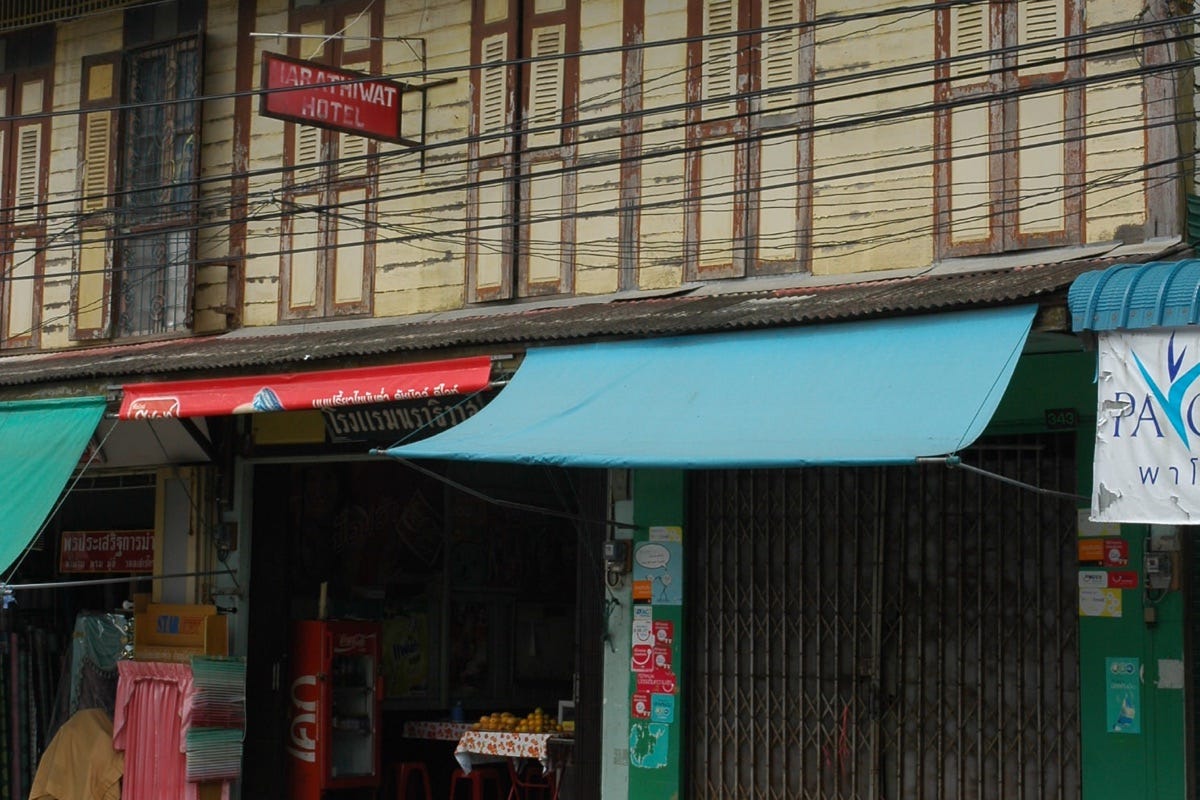
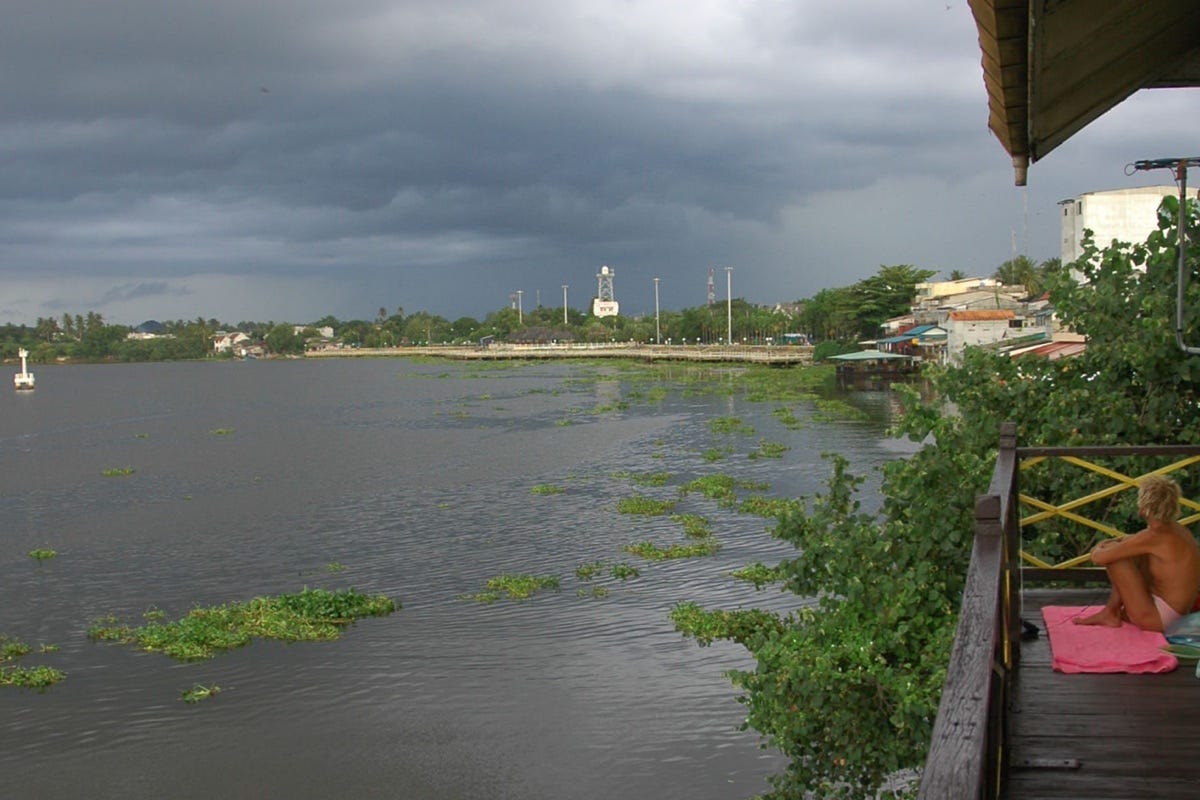
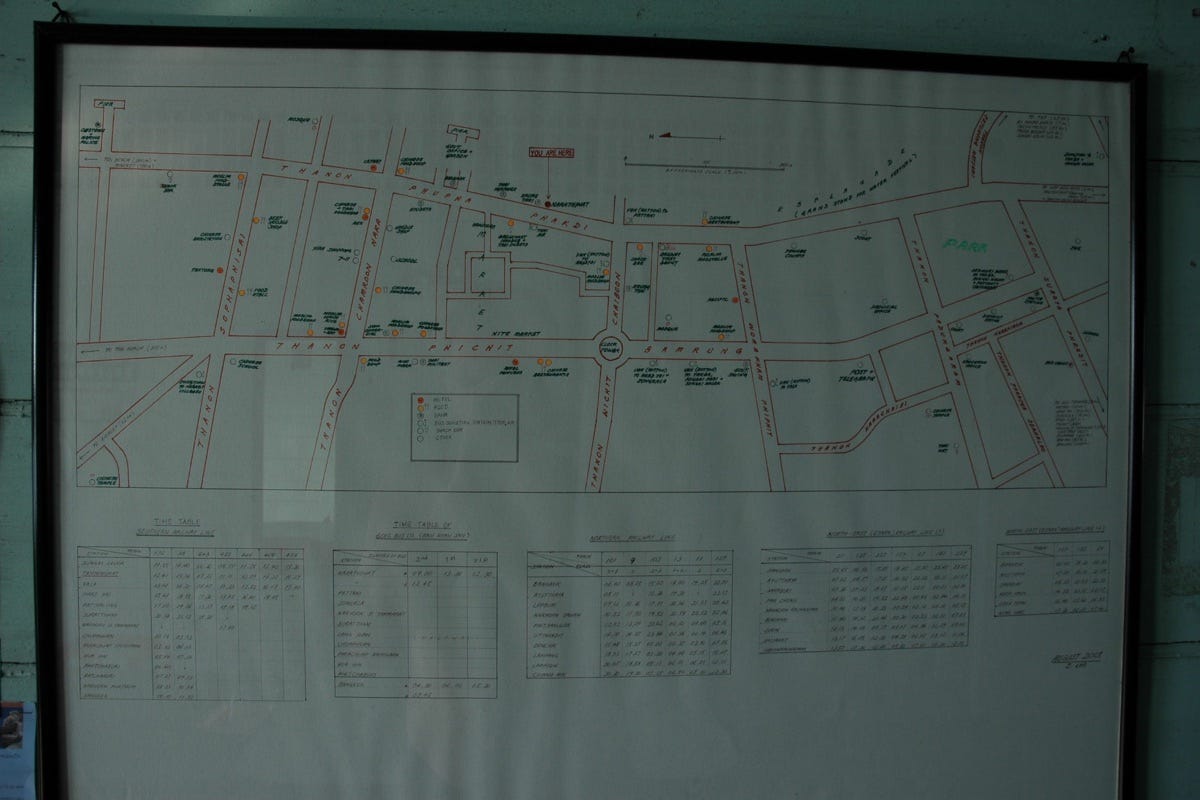






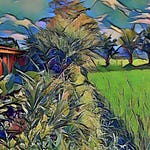

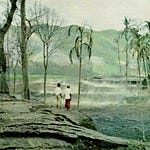

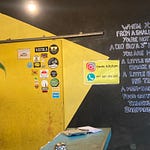
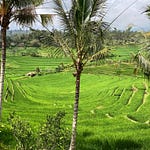

Share this post